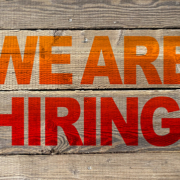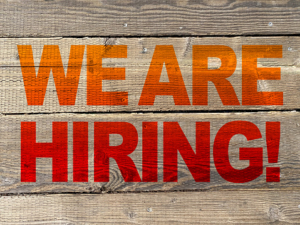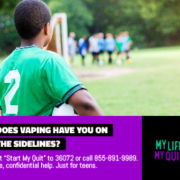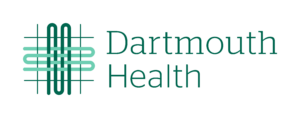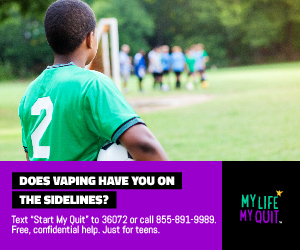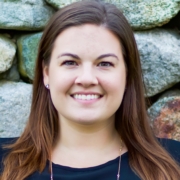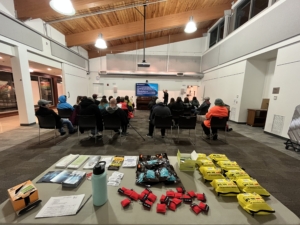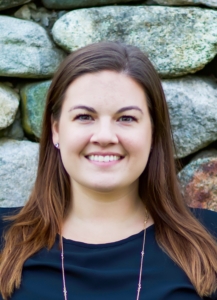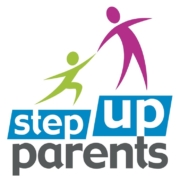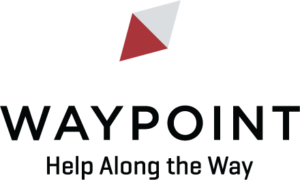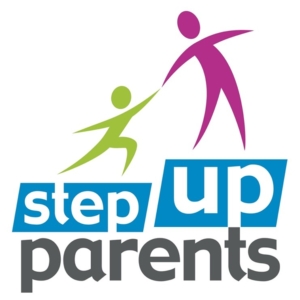PHC is Hiring: Part-Time Business Administrator
The Public Health Council of the Upper Valley (PHC) is a 501(c)3 nonprofit coalition of health and human services organizations that works to improve community health by promoting collaboration, advocating for policies and practices that support health, and providing education to partners and community members on priority health concerns. PHC has an office in Lebanon and covers 34 towns in NH and VT.
PHC does not discriminate internally (in its administrative and program operations) or externally (in provision of services) on the basis of race, color, national origin, ethnicity, ancestry, gender, gender expression, sexual orientation, age, disability, marital status, political orientation, religion, military or veteran status, or mental or physical disability or any other status prohibited by applicable law. We are a small workplace and strive to be inclusive, supportive, and welcoming. Please reach out if you need accommodation in applying.
Position Details
Part-Time: 8 to 10 hours weekly
Location: Hybrid — Applicant must live within 40 miles of Lebanon, NH, office location.
Hourly Rate: $30 to $34 (depending on experience)
Benefits: Position is not benefits eligible.
Work Schedule: Flexible. Some Mon-Fri hours for coordination of tasks. In fall and during Town Meeting season, some evening and weekend hours will be expected.
Reports to: Executive Director
The PHC Business Administrator will complete organizational and management tasks that adhere to best practices and requirements for non-profit business operations and reporting. The PHC Business Administrator will support the productivity and growth of a small, community-based nonprofit focused on improving community health.
Qualifications/Prior Experience:
- Confidentiality, efficient time management, excellent organizational skills, and attention to accuracy are essential qualifications for this position, as is the ability to communicate clearly.
- Experience in bookkeeping, business administration, or a related field.
- Knowledge of QuickBooks and Microsoft Office, especially Excel.
- Ability to understand financial data, processes, and procedures and understanding of generally accepted accounting principles.
- Basic understanding of nonprofit bookkeeping operations is preferred, but not required.
Responsibilities include, but are not be limited to:
- Managing bi-weekly A/P and A/R by reviewing/coding invoices and receipts, providing instructions and documentation to external bookkeeper, and maintaining internal records/filing systems.
- Managing financial aspects of grants and contracts received by PHC, including internal and grant reporting and invoicing.
- Preparing financial reports for Executive Director and Board Treasurer monthly and as needed.
- Working with Executive Director and Board Treasurer to prepare annual budgets for Board approval and supporting Executive Director with financial aspects of grant applications.
- Support fundraising campaigns by helping Executive Director with preparing campaigns and managing gift recording and acknowledgements.
- Manage annual Town Appropriation requests to include preparing and delivering annual request letters and Town Reports, coordinating town petition drives (developing petition documents, creating a timeline and schedule for signature collection, and helping to recruit volunteers among Board members and other partners to collect signatures).
- Plan strategies for streamlining and improving business operations, to include reviewing and proposing updates to PHC Fiscal Manual.
To apply for this position, please send a letter of interest to Alice Ely at alice.ely@uvpublichealth.org. In your letter, please tell us what about this position is of most interest to you. What about this position speaks to your experience or your personal goals? Please send a resume or summary of work experience as well. Interviews will begin in the week of June 19, 2023, and will close when a candidate has been selected.
